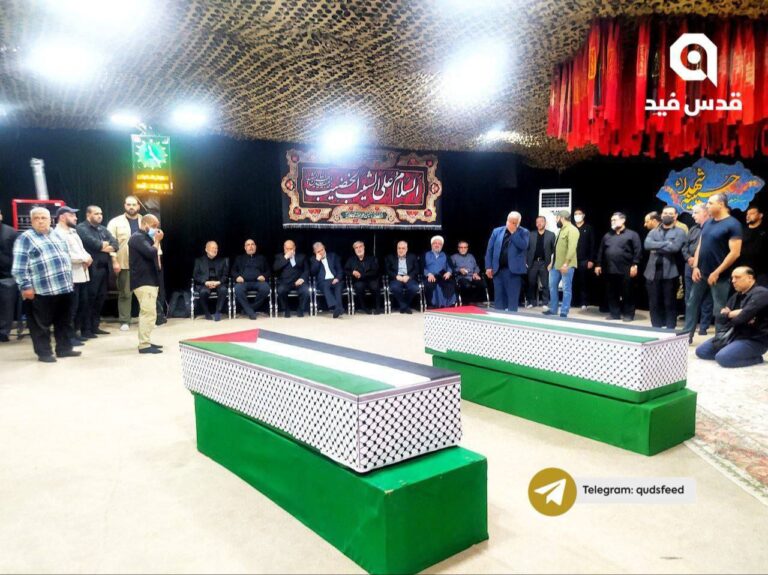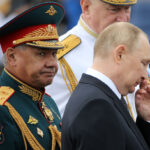The assassination of Hamas leader Ismail Haniyeh in Tehran on 31 July, which came one day after the killing of Hezbollah’s commander Fuad Shukr in Beirut, leaves Iran’s leadership dishonored.
That the Israeli assassination occurred in Tehran on the day of President Masoud Pezeshkian’s inauguration speaks to Israel’s continued ability to penetrate Iran’s security apparatus.
attacks in the Lebanese and Iranian capitals targeting high-ranking figures in the ‘axis of resistance’ mean the Middle East’s conflict dynamics are intensifying. The ongoing conflicts in the Middle East have the potential to expand and internationalize very quickly and to a significant degree.
How Iran and its regional allies – chiefly Hezbollah, Hamas, and the Houthis – respond will have a huge impact on the Middle East’s immediate future. It is practically impossible to imagine Tehran not responding in some manner.
This assassination is the culmination of multiple high-profile assassinations and major attacks against axis forces throughout the region, and thus is likely to prompt an axis-wide coordinated retaliation against the US and Israel.
Israel has conducted covert operations and assassinations on Iranian soil before. But killing a senior foreign leader is particularly humiliating to the Revolutionary Guards.
Iran was hoping that launching a massive direct strike from its own territory against Israel, would deter its archfoe from conducting such strikes against its interests and assets.Nonetheless, Iran’s interest is still in avoiding an all-out war with Israel, especially given that such an extreme scenario would almost certainly entail Washington’s direct involvement.
Iranian authorities will be challenged to find a way to restore deterrence capabilities that protect the Islamic Republic’s image, prestige, and credibility without being drawn into a full-scale war in the region.
Having met with Haniyeh in Tehran shortly before the Hamas leader’s killing, Supreme Leader Ali Khamenei has declared that Iran has no choice but to take revenge against Israel.
Thus, if Iran fails to respond in a way that would restore deterrence, its credibility in the eyes of its regional partners and its own sense of safety will suffer damage. There is a “high probability of a response by Iran and Hezbollah – either separate or together – to the recent developments.
So that might actually open a whole new phase of the conflict in the region, which would in a very pessimistic scenario make the war in Gaza look like a minor thing.
Iran’s mission to the United Nations released a statement explaining that the Islamic Republic will wage “special operations” in response to Haniyeh’s assassination. This seems to suggest that Tehran will respond differently than how it did following Israel’s razing of an Iranian diplomatic facility in Damascus in early April this year.
So, it is likely that the Iranians will take a bit of time to digest this and focus on closing the huge internal security lapses that allowed it to happen. Thus, a repeat of the April missile and drone barrage on Israel is quite likely.
Killing Haniyeh is highly problematic for efforts to push ahead with a ceasefire and hostage release deal.
This is all intentional and it is evident that Israel’s Prime Minister Benjamin Netanyahu is determined to sabotage any chances of diplomacy prevailing in Gaza.
He was one of the ones pushing for a deal and compromise, and because of his stature he was able to speak to the leaders in Gaza in a more convincing way than other.
The Haniyeh assassination complicates developments in the Middle East, greatly dimming the prospects for productive diplomacy.
Thus it’s unlikely that Hamas would agree to any sort of ceasefire, at least in the short-term, because Haniyeh was the head of the political office which is in charge of the negotiations and is supposed to basically act as a bridge between the military branch of the organization and the outside world.
Netanyahu also does not want a ceasefire. He wants a ‘total victory’ which means war.
Haniyeh’s killing has potentially huge implications for Iran’s relationships with the US. The inauguration in Iran made this assassination’s timing all the more significant and humiliating for Iran, especially given that Haniyeh was a foreign leader killed in the Iranian capital.
As a reformist, Pezeshkian has promised better ties with the West, endorsed the Joint Comprehensive Plan of Action (JCPOA). Although officials in Washington claim to have not known about Israel’s operation to kill the Hamas leader in Tehran, the Iranian leadership will probably never believe that the US had no role in it.
So, it will be much more difficult for Pezeshkian to do anything that can open a door to diplomacy with the US.
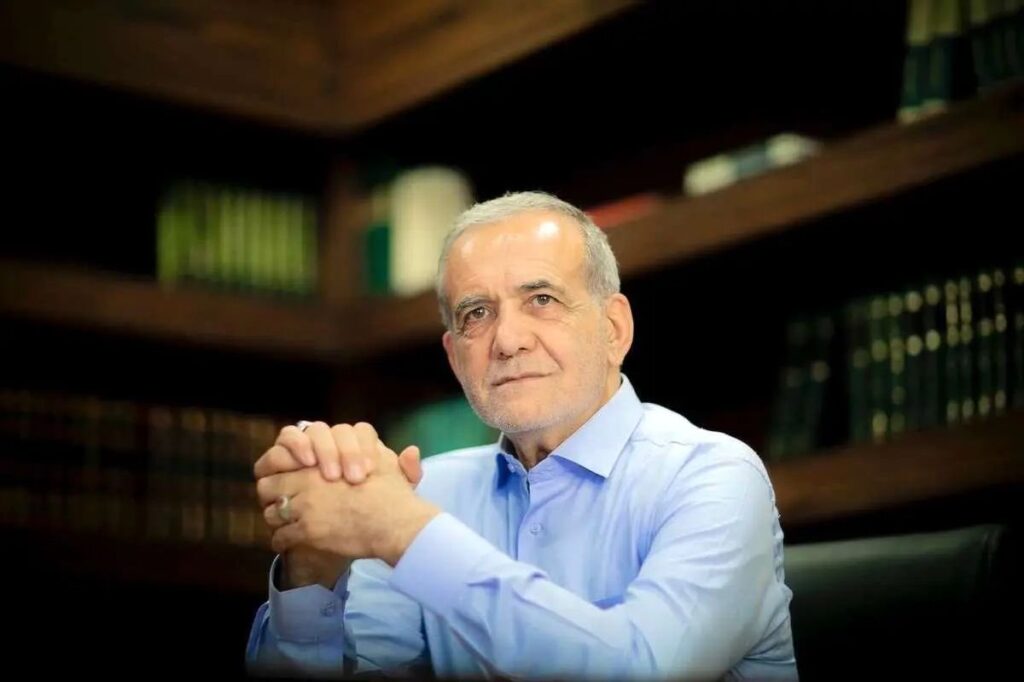
More on this story: Pezeshkian’s foreign policy will mostly be limited to the nuclear dossier
An Iranian response that entails hitting a high-value target on Israeli soil with the intention of demonstrating symmetry could eliminate any hope for officials in Washington to be even slightly receptive to any diplomatic outreach by Tehran cause If Iran and its allies are in an open conflict with Israel, they can’t have diplomacy with the US.
The attack also injects a major crisis for Iran’s new president. Pezeshkian ran on a pledge to rebalance Iran’s foreign relations, but a regional escalation against a key US ally will shut the already extremely narrow window for diplomatic engagement.
By waging this attack in Tehran, Israel’s strategy seeks to provoke Iran into escalation. The Islamic Republic has shown considerable restraint toward Israel after October 7th.
Such dynamics increase the chances of the US involving itself more directly. We think this is the aim of Netanyahu and his allies in Israel. Understanding that Israel can’t achieve its maximalist goals in direct actions against Iran and Lebanon without direct US involvement, Netanyahu is determined to bring Washington into a wider conflict in the Middle East.
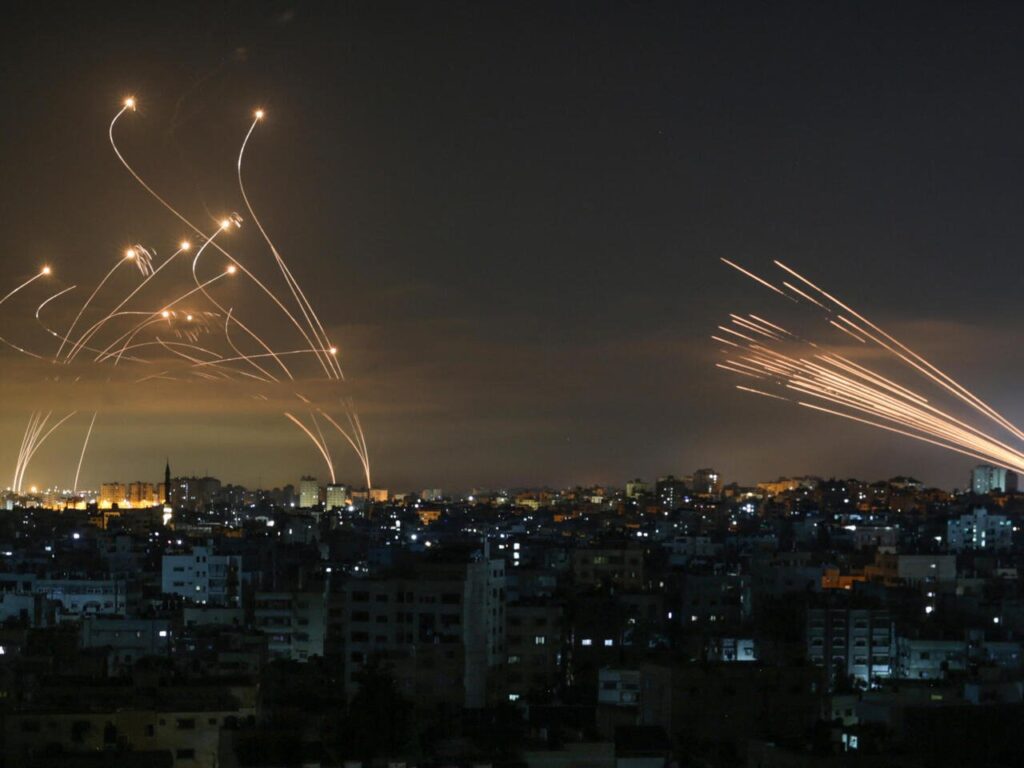
More on this story: Russia to further encourage Iran-Israel conflict
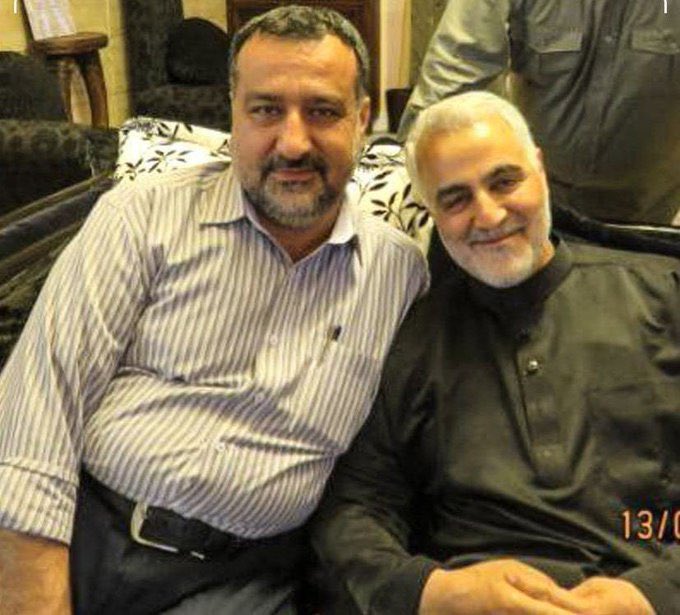
More on this story: Iran will react or not after the killing of its general in Syria


